Leaving behind the places you know for a while to travel to another country so that you can help other people: that’s an experience which leave an indelible mark on who you are. But what happens when that experience ends and you come home? We spoke to four of the University’s staff who are involved in volunteering projects about how to deal with the return home, which is not always easy.
Iñaki Orozco is a lecturer on the Bachelor’s Degree in Dentistry. In recent years, he has taken part in volunteering projects in Senegal and Cape Verde. He and his students form a team which aims to improve the oral and dental health of the villages they visit.
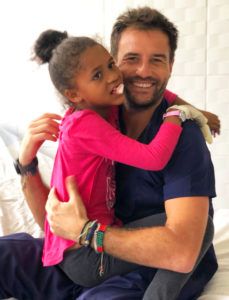
“My motivation in volunteering was gratitude. I saw myself as a privileged person and I wanted to find a way to pass on to other people some of the benefits I’ve been lucky enough to receive in my life.
Traveling to another country to make your own small contribution is a very rewarding experience. Every year we’re really excited about going. And then the affection we receive from the people there is incredible. You feel completely immersed in that affection and it’s like living in a bubble.
When you come home afterwards, a feeling of shock is inevitable. You can really feel the difference the first few days and you feel out of place.
When you come home afterwards, a feeling of shock is inevitable
In my case, my landing is cushioned by the presence of my family. In our WhatsApp group, the team talks about the experience and our feelings afterwards. Of course, after you come back, you do miss being around everyone. That shared experience we have creates a special bond. It’s important for me when I come home not to lose that connection with the team and also with the people out there who take care of us 24 hours a day, and who act as our guides, translators, and so on.
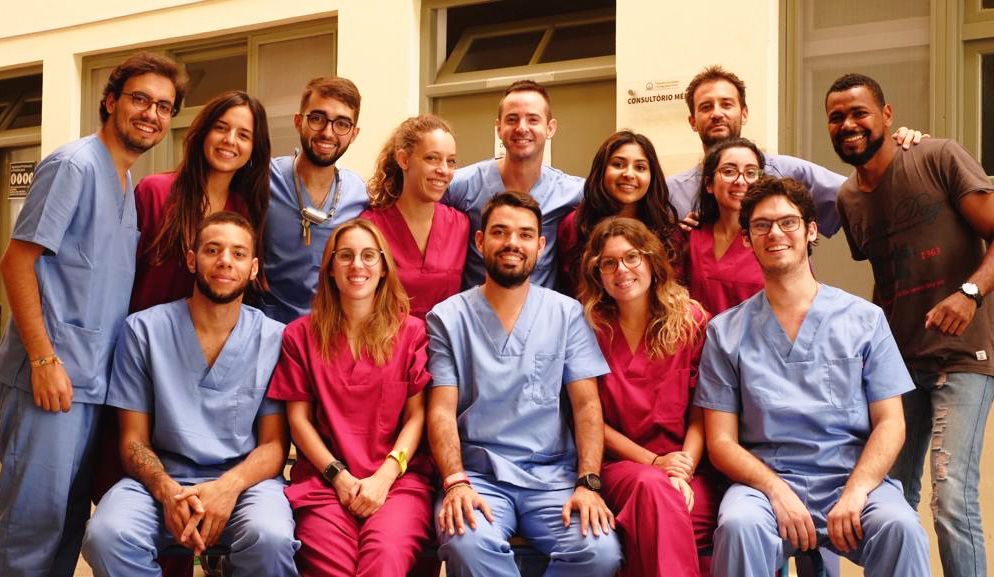
My advice for anyone coming back from a volunteering experience is to get support from the people who love you, your family and your friends. It’s important not to isolate yourself.”
Belén Merck is a lecturer on the Bachelor’s Degree in Medicine and she has coordinated the “Medipinas” project for a number of years now, which sees lecturers and students travel to the Philippines to provide care to the vulnerable.
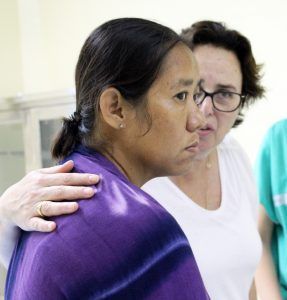
“When I get back from the Philippines, the first thing that comes into my head is when I’m going back there again. And that’s despite the fact that in Manila you see real misery and despair. One way to combat that despair is through smiling. I can’t resolve the country’s healthcare problems, but I can smile, give some hope, treat people well, and help some things to heal.
When I come back to Spain, far from having the feeling that I’ve left so much undone, I feel that I have done a lot. Obviously, there are more things to do, but I try not to look at the volunteering experience from an egocentric point of view.
You get so much more from the people there than what you’re able to give to them. On one occasion, a patient who we’d operated on came to us and gave us some fruit. I was so happy that I showed it to everyone. Just a small thing like that represents a lot for them and it’s how they show they are thankful.
Smiling is the best volunteer
People who come back from a volunteering experience and feel sad should consider getting involved in another project nearer home. There’s a lot of people around us who would welcome our smiles, and that’s the best kind of volunteering experience. Because when you smile, you can make a lot of people happy and you don’t have to travel to a faraway place to do that.
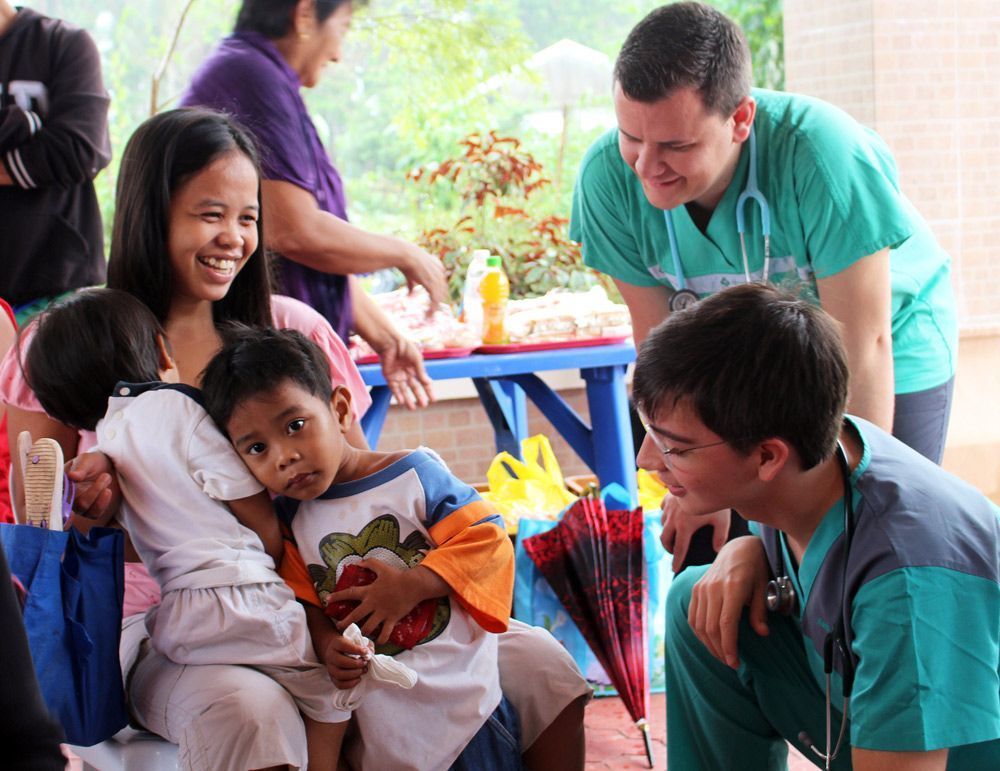
I don’t think I’ll ever stop taking part in volunteering projects, because it’s one of the things I enjoy most – it’s part of being a doctor for me.”
Daniel Garijo is a teacher at the Languages Service and, for several years now, he has joined the team of lecturers and students from the Faculty of Veterinary medicine on their “Vets for Africa” project. He assists them in their activities and also teaches in schools of the areas they visit.
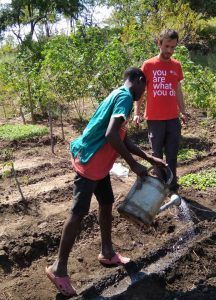
“The first time I went to Africa, I thought I could change the world in a fortnight. I was wrong. You have to go out there with the desire to help, to make a contribution, however small, and to feel happy about it afterwards.
Coming back home really hits you. I remember getting back and being surprised at the speed at which we do everything and how much of a hurry we always seem to be in. So, feeling conflicted when you get back is inevitable. You have that clash between what you’ve experienced during the volunteering project and the reality of your everyday life and that makes you question many things. However, I think it might sometimes be a mistake to fall into that kind of thinking. You have to find a balance.
I think the key is to keep on helping other people, even from home
On a personal level, volunteering has taught me not to complain about silly things. When I got back from Africa, I began to place more value on many of the ordinary, everyday things that I used to take for granted. When you get a wake-up call like this and see how people out there can be happy with so little, it makes you reflect on your own life.
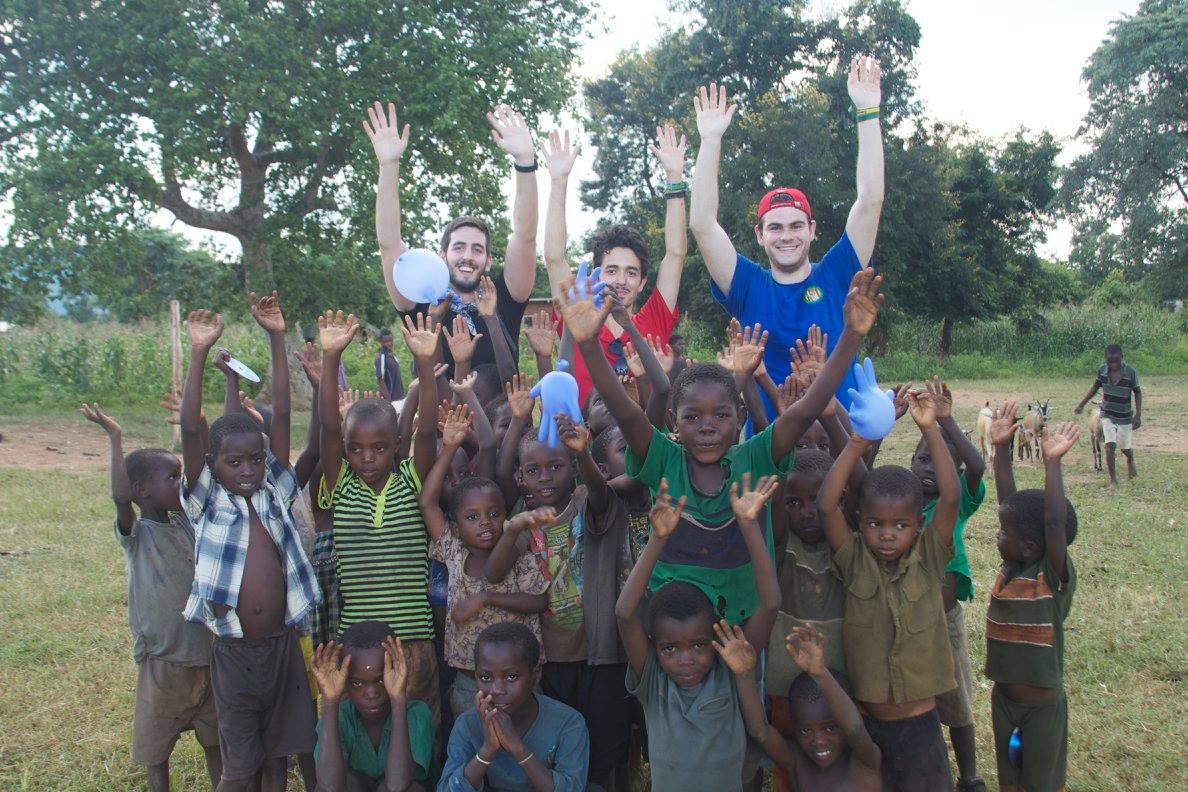
I think the key is to keep on helping other people, even from home. There are a thousand ways to do this – you don’t have to go to Africa to do it. That’s what helped me get past the shock of getting back, because I was able to get involved with other solidarity projects during the rest of the year.”
A few years ago, Nuria Andreu took part in volunteering projects to help those with mental and physical disabilities. That experience is what inspired her to learn about diversity in education, and this is now what she teaches on the Bachelor’s Degree in Education (Grado de Educación), Recently, she went to Senegal together with some of her students, as part of a volunteering project.
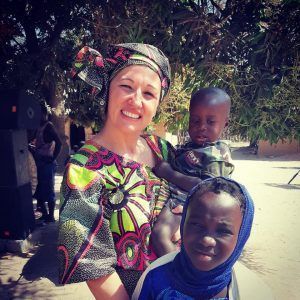
“I’ve learnt so much on a personal and professional level from this experience. Volunteering involves moving out of your comfort zone and overcoming your fears. It’s about giving without expecting anything in return. But what you do get back is affection and thanks in the form of a smile, a hug or a written note.
In Senegal, I’ve spoken to many students about the things we place importance on at home: money, material things, and all the things we rush about doing every day. Sometimes we forget about what is most important, such as our family and our friends.
I feel grateful for having had the opportunity to have this experience and to help other people
Of course, you feel strange when you come back, because the situation is so different. But most of all I feel grateful for having had the opportunity to have this experience and to help other people.
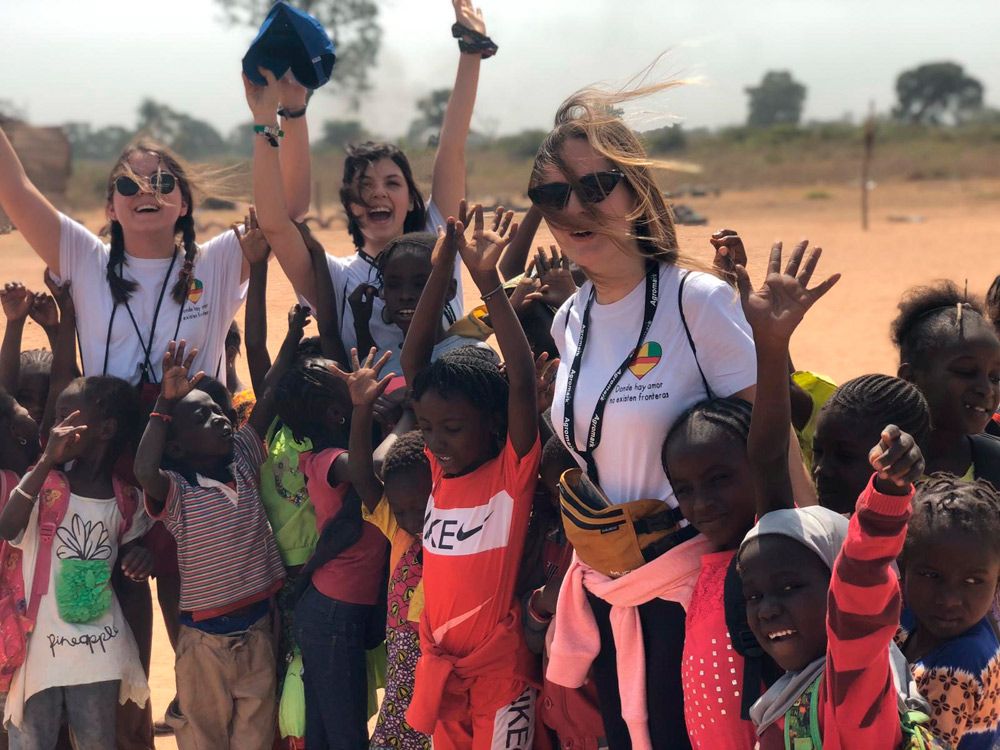
People shouldn’t be afraid of volunteering. Quite the opposite. I wasn’t sure I was doing the right thing when I began my involvement in this volunteering project. Now that I’m back, I think it was one of the best decisions I’ve ever made. I hope I can continue to make a contribution from Spain. You have to pay attention to the calls for help you get, because these opportunities are not hard to find: what you have to do is take that step forward.”
If you want to get involved and experience something that goes beyond your studies, take a look at what the University’s Chair of Solidarity has to offer you.












